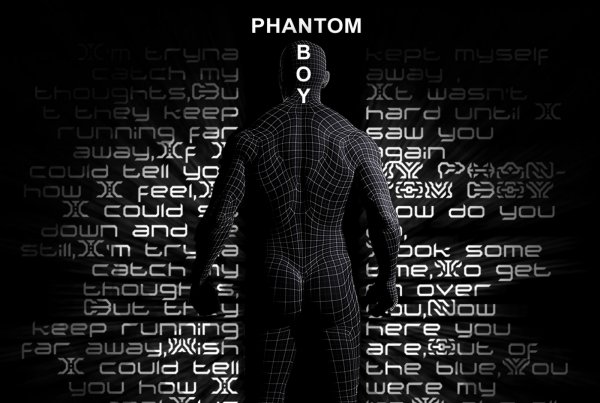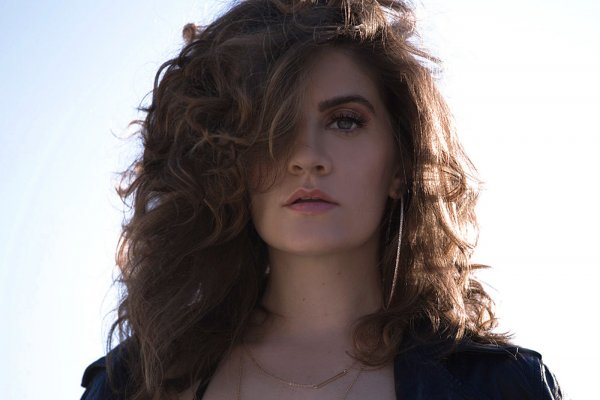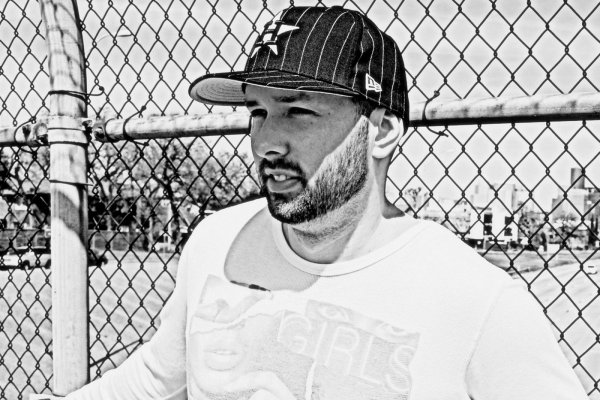Collaborations 101
Are you new to collaborating and co-writing? Here are a few do’s and don’ts’ of how to remain professional while creating an amazing record online, or in the studio.
R-E-S-P-E-C-T:
Find out what it means to me: Everything. Working with respectful artists and writers is top of my list. If mutual respect and courtesy isn’t there, it’s all downhill and quite honestly, I won’t work with you. By this I mean, remain respectful to someone’s space in the studio, as well as the fact that we’re dealing with emotional heavy work sometimes and writing sessions can go as far as being therapeutic for some artists. I like to begin sessions by learning a bit about the other co-writer. What’s their story? How are they feeling today? What vibe are we both feeling together to create a record together? I put this under the ‘respect’ column because I really think it’s important to know each other’s headspace and what exactly we’re trying to say together, before beginning a track. This allows for a safe, open minded, welcoming energy in order to begin a session. This enables the floodgates to open to creativity, while setting boundaries that maybe some artists need in these situations. Also, because I have to touch on the subject after all of the ‘me too’ posts that have been going on lately, always always always respect someone’s personal space. The studio is not a place for hitting on someone, or crossing boundaries of that kind. As a female vocalist, I’ve had to deal with this quite a bit, I’ve had to walk out of situations because of it. I could write a book on that subject alone. If you're working on a collaboration online, the same applies. Words are power, so please keep your language respectful to each other. Remain professional. At. All. Times. Period.
Trust:
It’s important to understand that thought you’re working on a track together, the other writer in the room may be stronger at lyrics, while you may be strongest at production, or melodies. By trusting each other’s strengths, you will create a much stronger record, than if you just try to be right all the time. Let everyone express their ideas because quite often the bad ideas, lead to the good ideas. One word or one melody can be what the entire track becomes based around. I often will start a track about one idea, and then one line or phrase will come out and them bam, both the producer and I realize that this new phrase will be the title of the track, and we build from there. I once worked with one of Britney Spear’s writer’s who described this way of writing as a ‘theme party’. Letting one idea lead into the next with one common theme. But again this takes trust, and openness, and the ability to feel comfortable to make mistakes and try things that may not work, in order to find the ideas that do. My strengths are words and melodies, and I trust that the producer in the room is strongest at production and creating instrumentals to work off of. And vice versa, it’s so important than when I’m hired to work on a vocal for a track, that the producer trusts my instincts, and my work. Everyone is allowed to have contributions, and ideas, and references sure. But if you don’t trust each other, and if you don’t allow everyone’s strengths and gut instincts to flow through, your track won’t be as lovely and organic as it could be.
Don’t ghost on people. It’s not cool.
I’ll keep this point short, but it has to be said: do not ghost on people. If you’re not into continuing a track, or a session, let them know. Simple as that. There is absolutely nothing worse than someone ghosting on you when you’re halfway finished a track, of you’ve spend weeks on one and then they just simply stop replying to emails. Be honest and upfront. If you’re not feeling a track, a vocal, or a collaboration of any kind, let each other know. If money is involved, then come to a fair negotiation. Don’t leave someone hanging. It’s completely unprofessional and the word will spread that this is the way you conducted things. This will lead to less people wanting to work with you, and you definitely don’t want that. It’s completely okay to say hey, you know what this actually isn’t working, or this isn’t what I’m looking for. Great. Let’s find a way to part ways respectfully. It’s like a breakup, make the phone call, say you’re ‘just not that into’ this particular project, and believe me that other person will be understanding.
Before you begin a collaboration, have legal information, references you have in mind, and your label/publisher’s information ready.
So if you’re new to this, and I get asked this a lot. (A lot a lot.) What happens when we’re finished a track? Well, the first thing I do is register it. I need everyone’s IPI’s, full names, and possibly addresses if we’re singing it to a label because they’ll need that information. IPI’s are easy to get, and you can search how to get one in whatever country you’re from. In terms of references, before we begin a track, if you do have a particular vision or ‘sound’ in mind, please have references ready. If you’re hiring a vocalist to write a vocal for you, and you want them to just do their thing, that’s amazing. That’s my favorite phrase to hear in fact. But if you’re wanting a very specific sound of lyrical concept, you have to let us know. We’re not mind readers. And it makes it so much easier when we’re writing to know exactly what you have in mind, versus trying to guess 100 times, and spending a lot of unnecessary time on something. Last but not least, if you are signed to a label or publisher, or if you have labels you plan to pitch a track to afterwards, let your collaborators know. That may alter the direction in which a track takes, and you’ll have a better idea of maybe the vibe you’re going for. I like to have this information upfront because sometimes I’ve worked with that label or publisher before, and I have a better idea of who I’ll be working with. The more information upfront, the better.
If you ever do have any questions about collaborations, or how things will work in a particular session, ask each other. As I said earlier honesty is key, and if you’re unsure of how an online collaboration or in studio session will work, as the person you will be working with. We rise by lifting others, and we need to help each other out in this industry. Share information, share your contacts, ask questions if you’re unsure. The more you know the better. Leave your fears at the door (or laptop) when you head in for a collaboration, and trust yourself. You got this.




